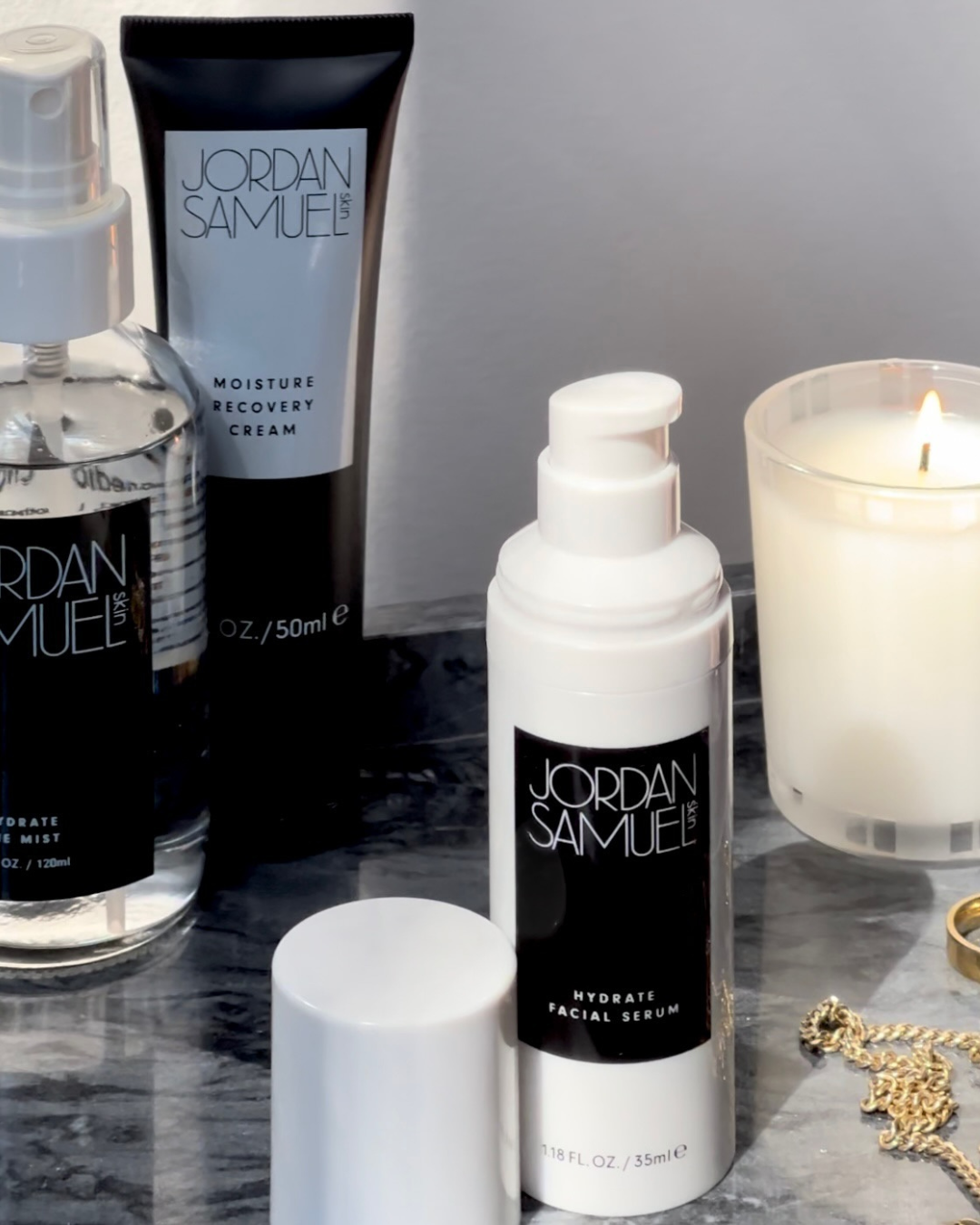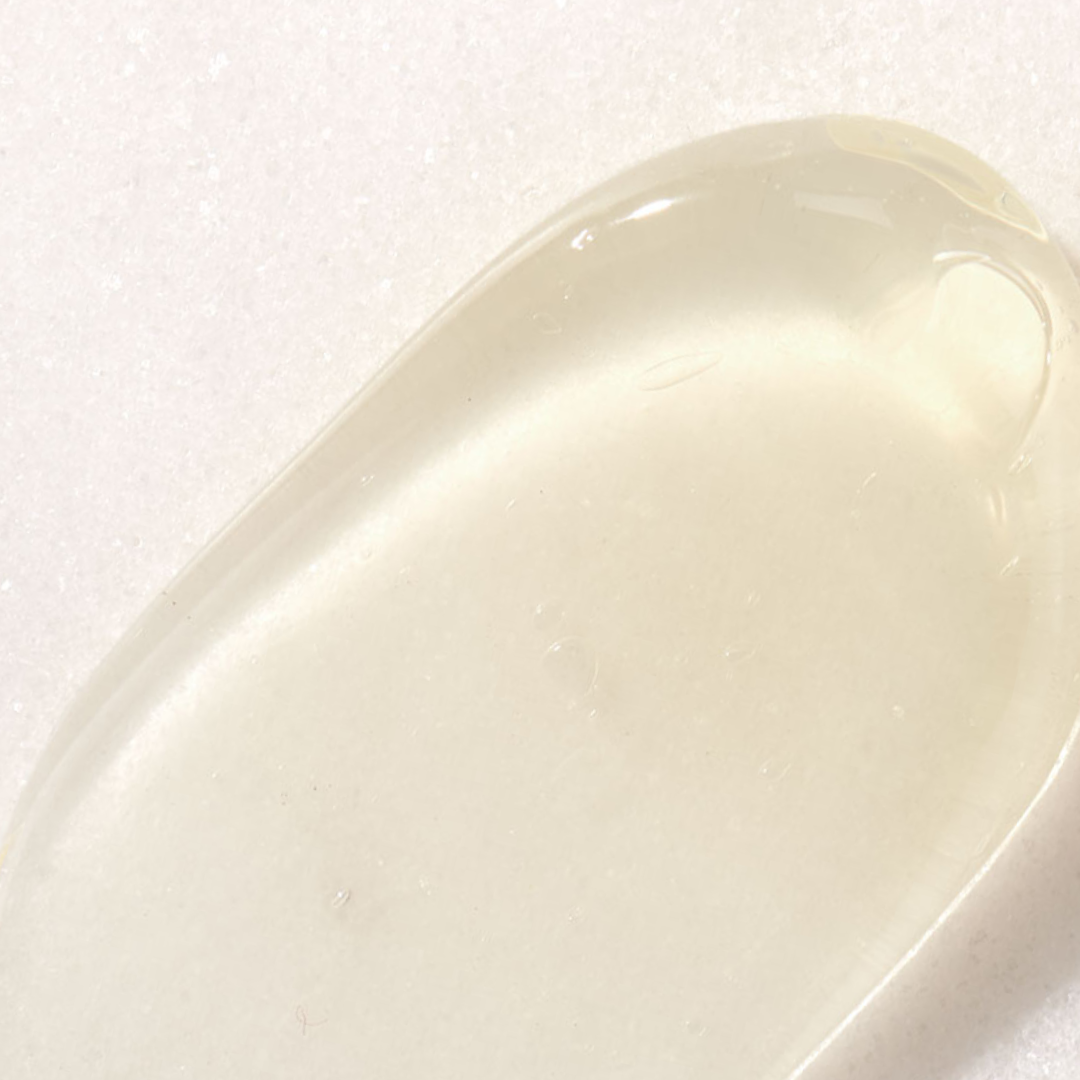Beauty sleep isn’t just some old aphorism—research backs it up. Catching your nightly Zs assists in many of your skin’s natural processes. While you’re sleeping, blood flow to skin increases. Not only does this oxygenate and nourish your skin cells for a well-rested glow, but it also assists with vital functions like wound healing and skin regeneration.
Without these benefits, your skin suffers. Lack of sleep increases skin inflammation and raises the level of the stress hormone cortisol in your body, which triggers an increase in skin’s oil production. Cortisol can also make your sebum thick and gluey, causing dead skin cells to stick to your pores and resulting in dull, congested skin.
For all these reasons, sleep should be an indispensable part of your skincare routine. Read on for my top 5 tips to set yourself up for healthy, restful sleep!
Don’t stress if you don’t fall asleep right away.
We’ve had those nights, restlessly laying in bed and mentally calculating how many hours of sleep you could squeeze in, if only you would fall asleep right now. That added pressure to fall asleep may actually keep you awake, thanks to the release of stress hormones. Relax with the knowledge that just by lying down, your body is getting some amount of restorative rest.
Make rituals.
Forming nightly habits just before bed will cue your body for sleep over time. Try to keep a nightly ritual—whether it’s a cup of chamomile tea, a few quiet minutes reading a book, meditation, or any other short, calming activity. One pre-sleep ritual I love is a quick 3-minute facial massage in my PM skincare routine.
Use mood lighting.
An hour before you go to bed, dim the lights in your home. Research shows that exposure to indoor lighting up to an hour before sleep suppresses your natural melatonin production, messing with your sleep-wake cycle and impacting your quality of rest. Dimming the lights can be part of your nightly ritual and cue your body that it’s time to sleep.
Nix the screen time.
Blue light emitted by phones, tablets, and TVs also suppresses melatonin. Looking at screens before bed lowers your quality and quantity of sleep. If you absolutely need to use a computer or phone before bed, think about using a warm light mode. Many devices have a built-in night shift function, or you can use an app to control light temperature.
Try journaling.
Putting pen to paper at the end of the day can help empty your mind. Whether your journal takes the form of a diary or a to-do list, you can dump all of your thoughts and distractions onto the page with the knowledge that they’ll still be there in the morning if you need to revisit them. You can also try gratitude journaling as a calming exercise before bed.
Rest easy!
XO,
Jordan




